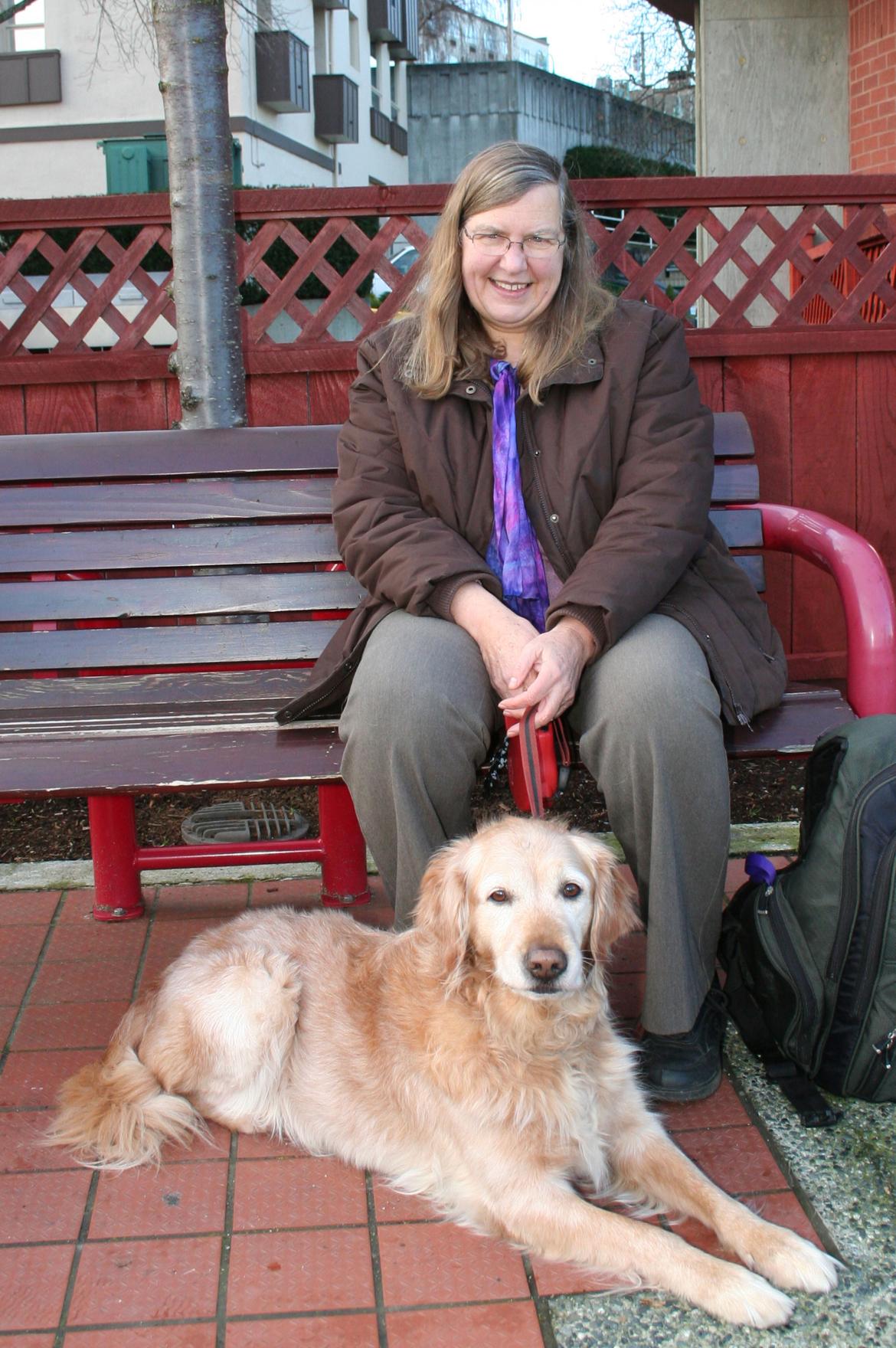
January 18, 2011 - 2:30am
Dr. Nancy Turner will soon have another tribute to add to the long list of honours she has earned for her work in ethnobotany, commitment to preserving First Nations teachings and advocacy for sustainable use of the planet’s resources.
Turner will receive an honorary doctorate at Vancouver Island University convocation Jan. 28. About 400 VIU graduates will receive their degrees in two ceremonies at the Port Theatre starting at 10 am and 2:30 pm. White Spot CEO Warren Erhart will also be honoured on Jan. 28 with VIU’s Distinguished Alumni Award.
“Throughout her impressive career as an author, researcher and academic, Dr. Turner had exemplified a passionate commitment to studying and documenting the sacred relationship between First Nations people and the diverse ecosystems of British Columbia,” said VIU President and Vice-Chancellor Dr. Ralph Nilson.
“Nancy’s close work particularly with Saanich First Nations elders will help preserve a wealth of information for future generations. We are deeply indebted to Nancy for her compelling message to protect ecosystems and use our resources wisely,” Nilson said.
Turner is grateful for the honorary doctorate from VIU and appreciates acknowledgement of indigenous wisdom as a valuable resource.
“I feel very honoured but I also feel the award is more a tribute to the people who were my teachers,” she said. “It’s recognition of the value of that kind of knowledge.”
Her lifelong interest in plants and their uses for food, medicine and dyes led her to study biology at the University of Victoria. Tsartlip Chief Philip Paul deepened her interest in ethnobotany when he was guest speaker for a third-year anthropology course. She considers his father, Elder Christopher Paul, as her first teacher in the field.
Cowichan Tribes Elder Dr. Arvid Charlie, who received an honorary doctorate from VIU in 2007, said Turner appreciates how First Nations knowledge is passed down in stages. “The names come first. Other important things— like how plants can be used as medicine for physical and spiritual purposes—come after.”
Charlie and Turner are working together to document the Hul’q’umi’num names and spellings for plants. “We share back and forth,” Charlie said. “I believe we are being good students and teachers for each other.”
Turner, a distinguished professor at the University of Victoria’s School of Environmental Studies, received a BSC (Honours Biology) from the University of Victoria in 1969 and a PhD (Ethnobotany) in 1973 from the University of British Columbia.
For more than 40 years, she has worked with First Nations Elders and cultural specialists in western Canada and the United States and placed a strong value on traditional knowledge systems and traditional land and resource management systems of indigenous people. Her work has made significant contributions to the fields of botany, ecology, anthropology, geography and linguistics.
Turner is the author or co-author of dozens of articles and more than 20 books including Edible Wild Fruits and Nuts of Canada (co-authored with Adam Szczawinski in 1988), Food Plants of Coastal First Peoples, (1995), Food Plants of Interior First People (1997) and The Earth’s Blanket, Traditional Teachings for Sustainable Living (2005).
In The Earth’s Blanket, Turner cites the work of Scottish ethnographer James Teit who worked in the Interior with the Nlaka’pmx and other First Nations communities in the late 1800s and early 1900s. The concept of Earth’s Blanket refers to the reverence First Nations communities held for the environment and the realization that natural resources must be used wisely.
Turner makes a plea for modern society to consider true wealth—“that which is valuable to Earth, and to link Earth’s wealth and important possessions—the flowers, the grass and other vegetation—to human action.”
“These are environmental treasures, and if humans do not pay attention to what is important to Earth, the consequences to us will be serious.”
Gail Adrienne, Executive Director of the Nanaimo & Area Land Trust (NALT), lauds Turner for “contributing to our understanding of the value of our natural resources, and the importance of returning to a way of living that promotes environmental sustainability.”
“Her wonderful accounts of many years working with and learning from First Nations groups throughout the Pacific Northwest—and the understanding and deep respect for the Earth that she gained through these encounters—are both insightful and engaging. ”
Turner’s honours include: Member of the Order of Canada (2009), Craigdarroch Gold Medal for Career Achievement in Research, University of Victoria, (2006), Lieutenant Governor’s medal for best BC Historical non-fiction of the year (Plants of Haida Gwaii, published 2004), Lawson Medal from the Canadian Botanical Association for lifetime contributions to Canadian Botany (2002), Order of British Columbia (1999) and the R.E. Schultes Award (1997), considered the top international award in ethnobotany.
In 2007, she was one of 10 Canadian researchers who were awarded a two-year Killam Research Fellowship to pursue her study, First Peoples, Landscapes and Time: Loss and Renewal in Ecocultural Diversity.
Turner and her husband Robert have a home on Protection Island.
Note: On Sunday, March 6th, NALT will host a public presentation by Turner that will centre on themes she wrote about in Earth's Blanket. The session will be held at the Christ Community Church Hall, at 2221 Bowen Road. Doors will open at 1:30 pm; program will begin at 2 pm. Admission will be by donation (suggested amount $5).
-30-
Tags: In the Community






